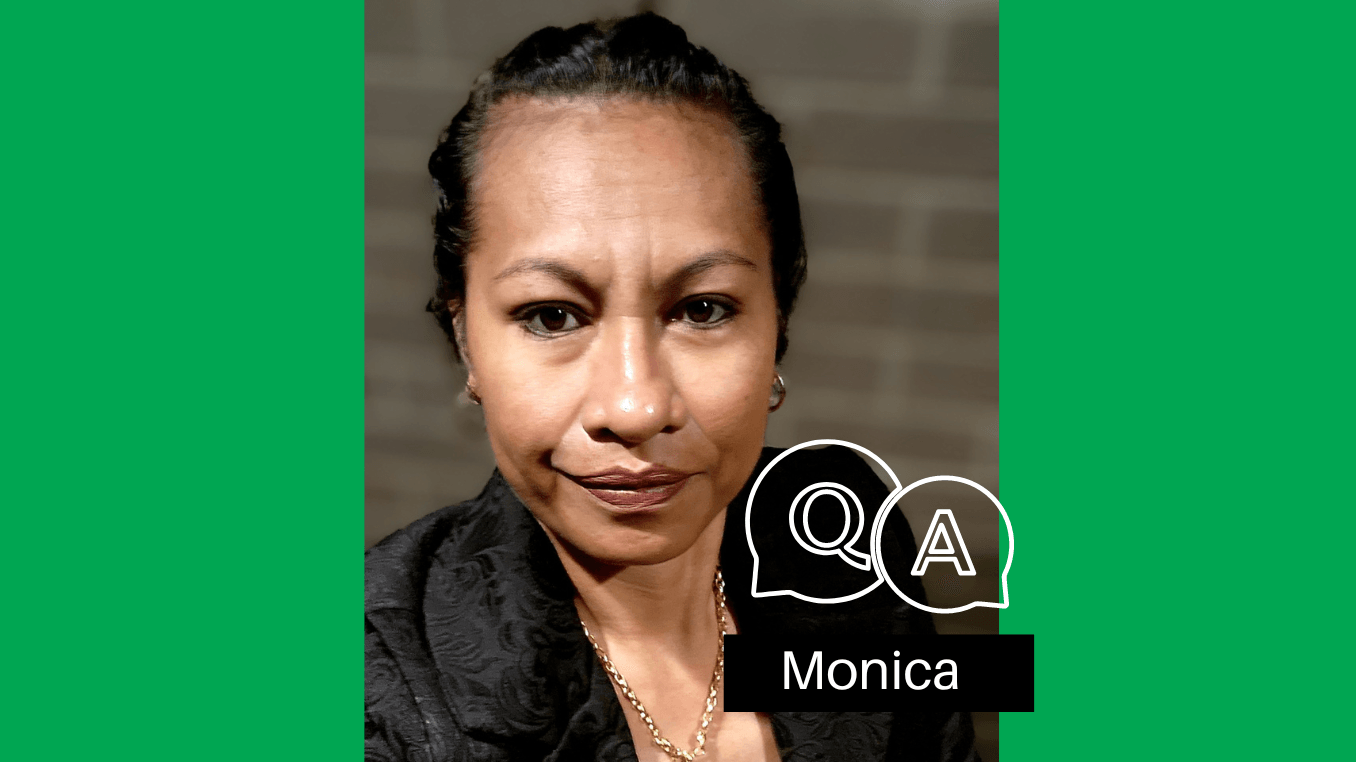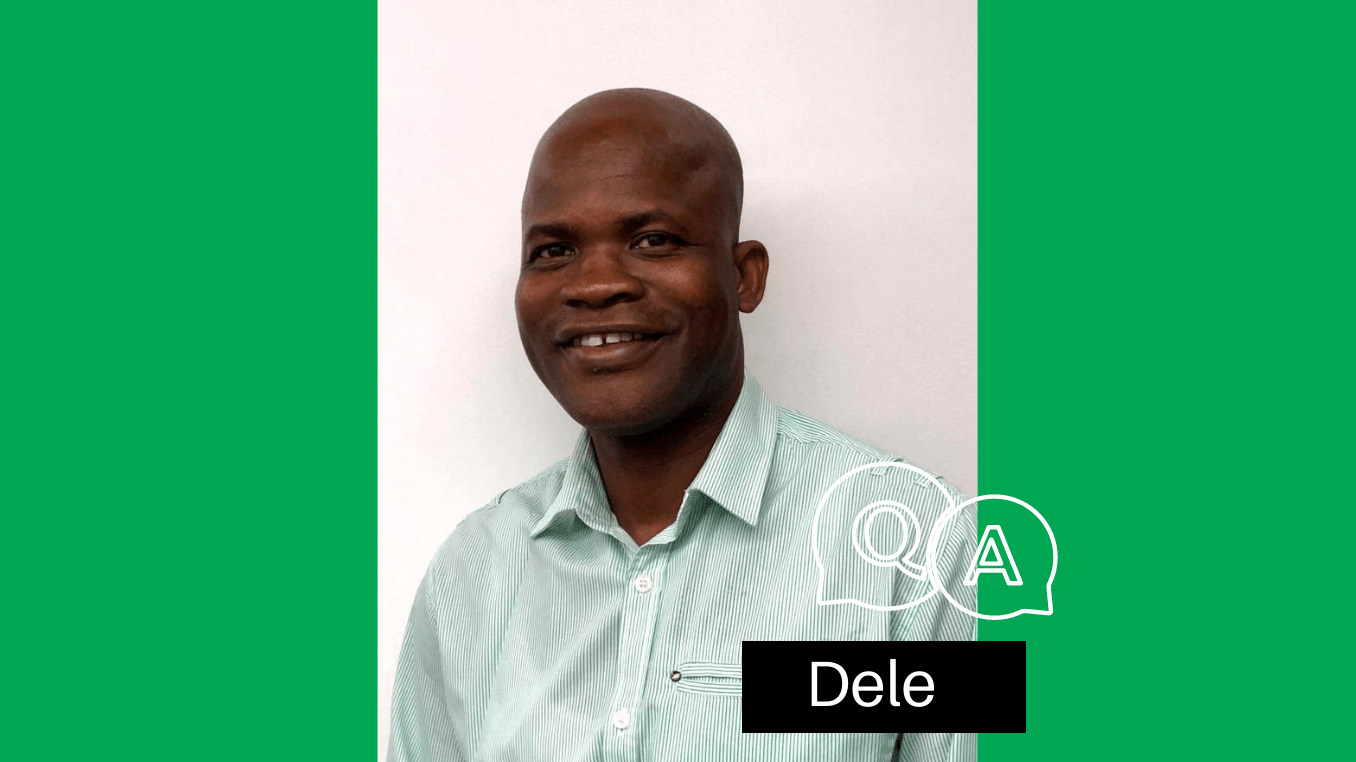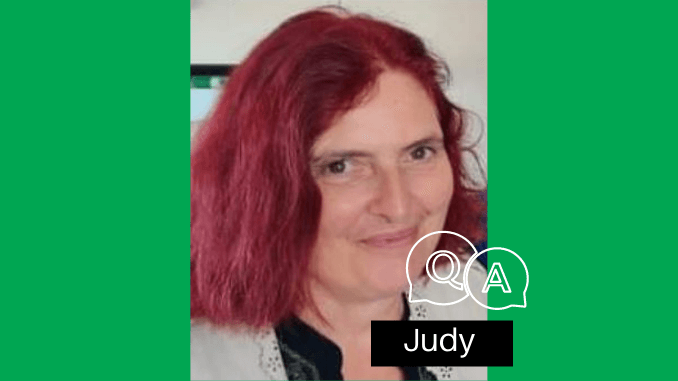Kelvin - Disability Support Worker Interview
This week we were lucky enough to interview Kelvin, a disability support worker originally from Nigeria. He is a kind, compassionate man with a huge heart and it was a pleasure to get to know him. We hope you enjoy this interview as much as we did.
1. Kelvin, can you tell us a little about yourself and why you decided to become a Disability Support Worker?
Well, I grew up in Nigeria, West Africa. As a child, I always wanted to be a valued medical practitioner. In my head, this was a way to be relevant to humanity, particularly to vulnerable people.
However, as I developed into young adulthood, I wanted to try new things and see where my other passions lie. One area which was of great interest was the finance industry which gave me some incredible opportunities like working in the finance department of the oil and gas industry in Nigeria. To further develop my passion and skills in finance I studied accounting.
My love for helping others in need was still a passion and so I started working in different facilities to develop my skills as a disability support worker. I spent over 4 years developing my skills as a support worker in a variety of settings and as such, I am now very happy to report I am very pleased that I chose to transition to this profession.
2. What does a typical day look like for you as a disability support worker?
The kind of jobs I do on day to day with my customers are numerous. They include assisting clients with personal hygiene, giving medication, preparing food, housekeeping, mentoring and providing support.
In the same vein, implementing programs aimed at helping clients achieve their individual goals and positive outcomes in respect of their personal, educational and cultural development is my core business.
3. Bonding with a new client I’m sure has some challenges, how do you break down these initial barriers?
The strategies I use to bond with a new client is generally case dependent. There are some restrictions on what you can do with particular clients so I need to make sure I have researched their past history. Looking at what previous health professionals have mentioned in the past to ensure I am effectively building relationships.
In saying that, I have over 3 years of experience working with clients diagnosed with intellectual disability, Mental Health Disorder, Autism, Asperger Syndrome, Epilepsy, Cerebral Palsy, Down Syndrome, challenging behaviors, self-harm tendencies and intellectual and physical disabilities.
As you can imagine, each of these complex groups has techniques that may work though at the same time will be absolutely ineffective to another. I apply the right skill as the situation demands to solve prevailing problems.
4. Why did you choose to work for Edmen?
The reason why I choose to work with Edmen in comparison to other agencies, is that Edmen has a good working relationship with staff members, mostly in the area of flexibility and understanding.
So far my experience working with Edmen has been extremely enjoyable and I look forward to having more of it in the future.
5. What makes you excited about work every day?
The way my client smiles or in their own way shows happiness at the work I am doing. It means I am giving the right, targeted support. That keeps me coming back every day and it makes me really happy too.
6. What impact do you feel you have on your client’s lives?
The impact I feel I have on my client's lives, is to assist them in achieving their individual goals and positive outcomes with respect to their personal or cultural background.
Over the years I have developed unique and individual strategies to support particular clients meet their goals. Being able to provide this targeted, client-centered care is critical because my job is not about me - it’s about them.
My ultimate aim is to give hope and support to the feeble or the vulnerable.
7. What are your recommendations for others looking to become a disability support worker?
Do it! Becoming a disability support worker is an extremely rewarding career.
Also, after a busy shift, it’s tempting to eat take away and to watch TV for hours but you have to be kind to your body. Instead consider eating a good, healthy meal full of veggies and get some rest. Though it may be hard some days, aim for 7-9 hours of sleep so you are fit, strong and ready to do it again the next day.
I always knew disability support workers were generous, kind people but I now have a newfound respect for anybody in this line of work. We hope you enjoyed this interview as much as we did.
Emma Smith
Registered Nurse - Emergency
Co-founder The Other Shift
theothershift.com
Edmen Community Staffing Solutions Blog
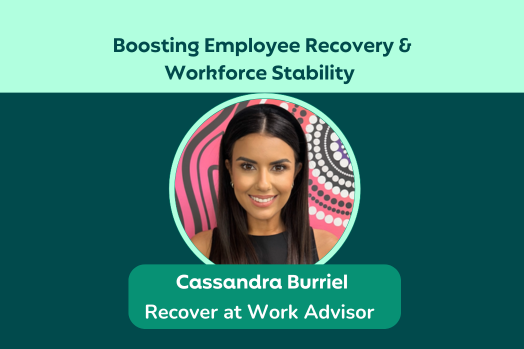
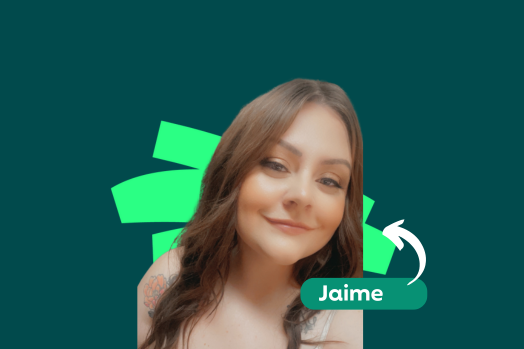
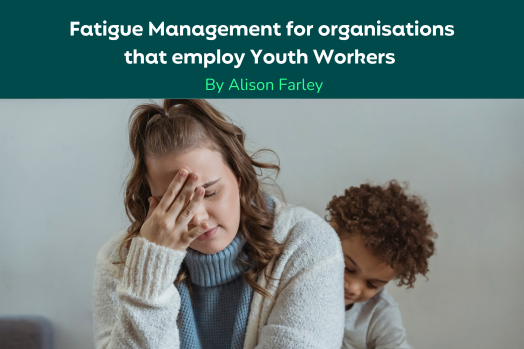
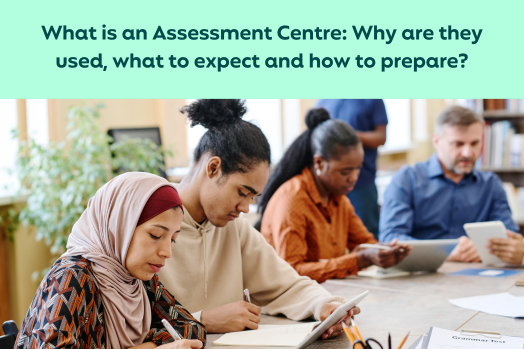


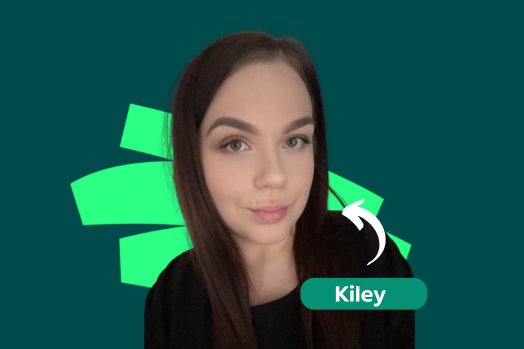
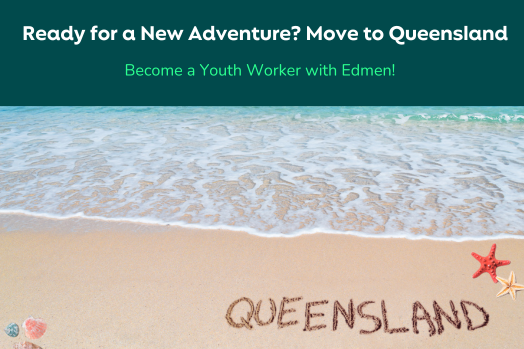

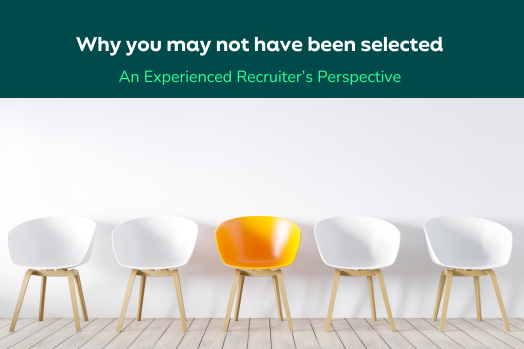
Edmen Community Staffing Solutions Blog


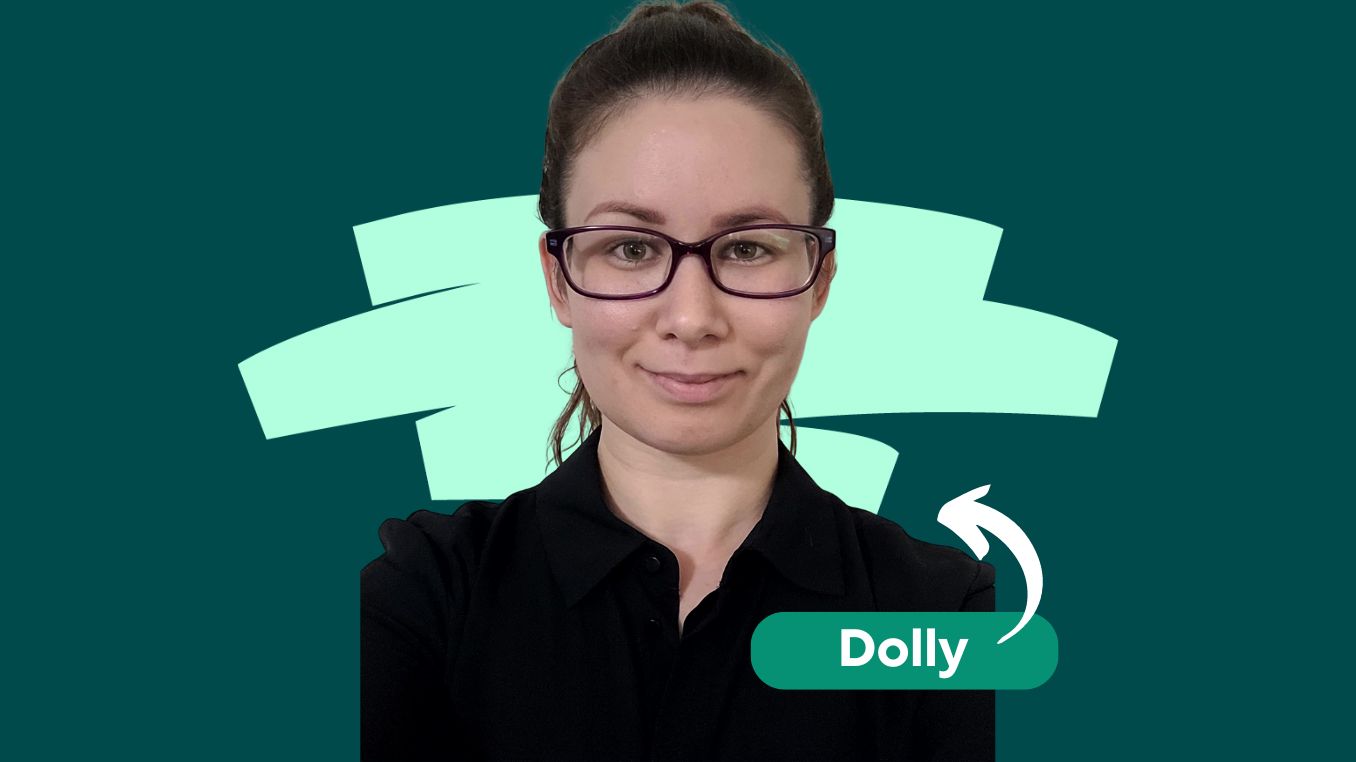
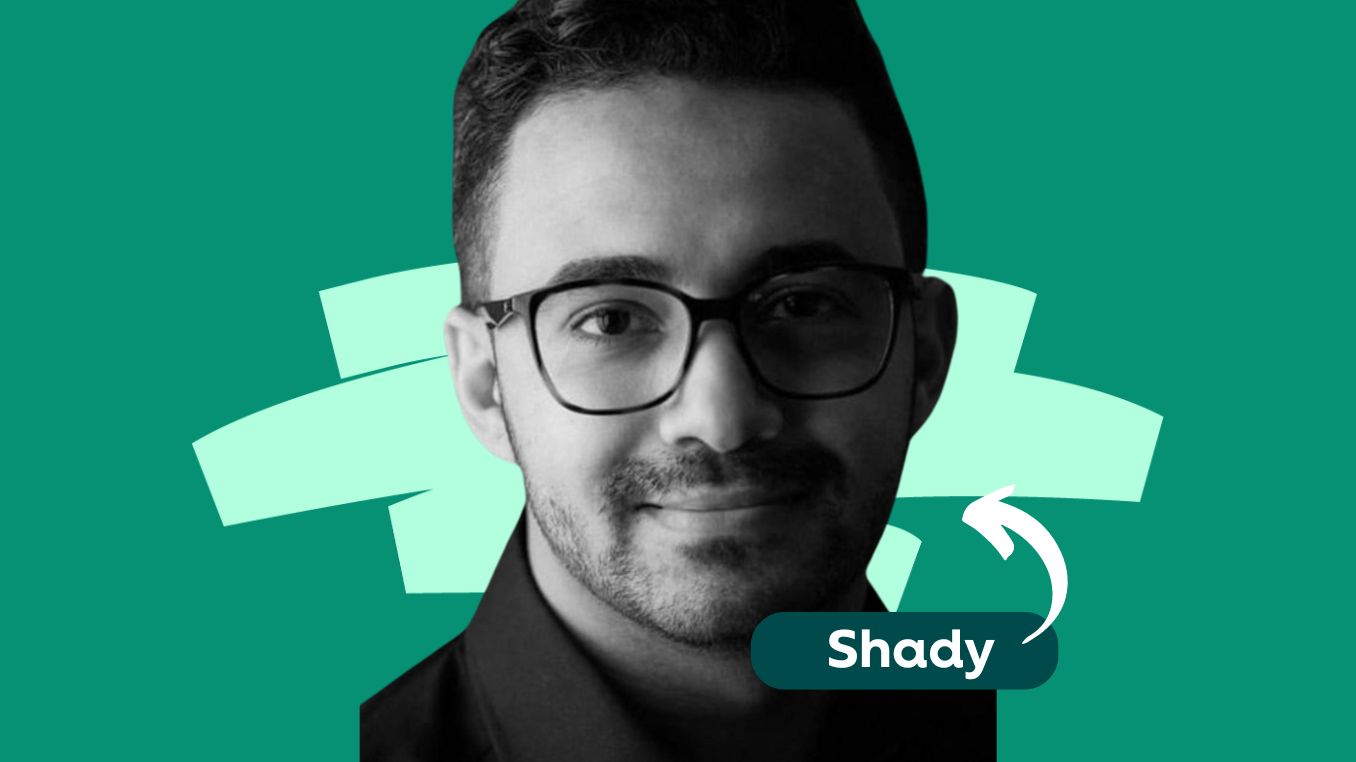
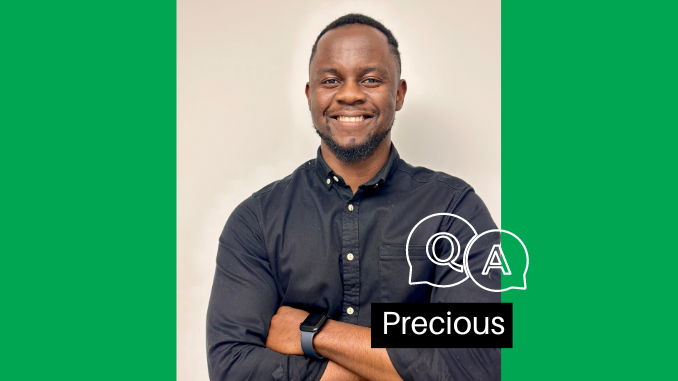

Edmen Community Staffing Solutions Blog












